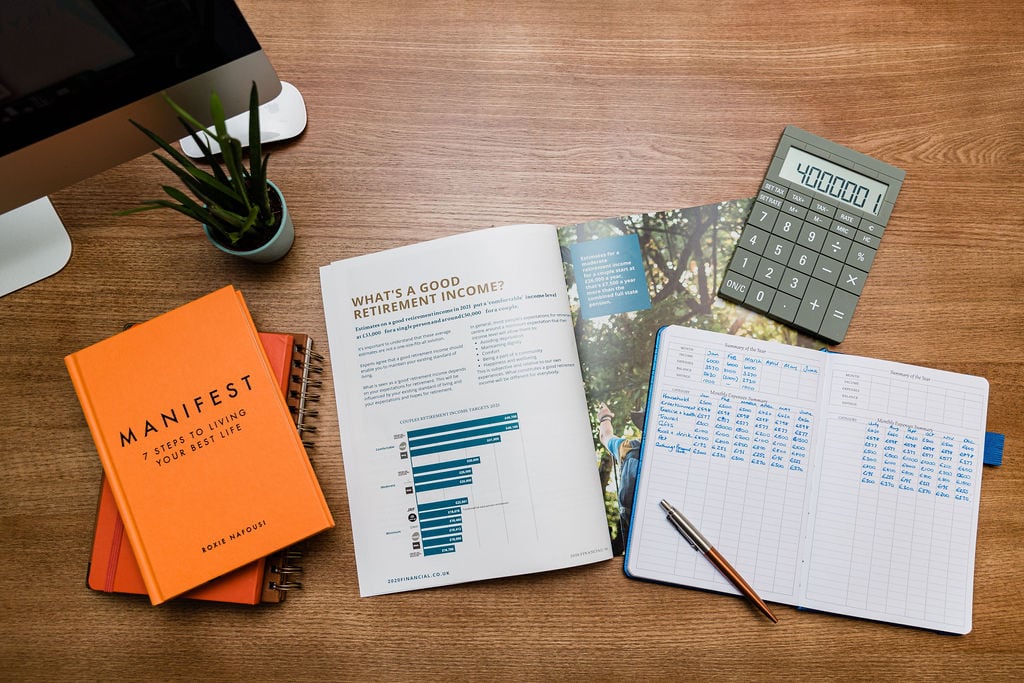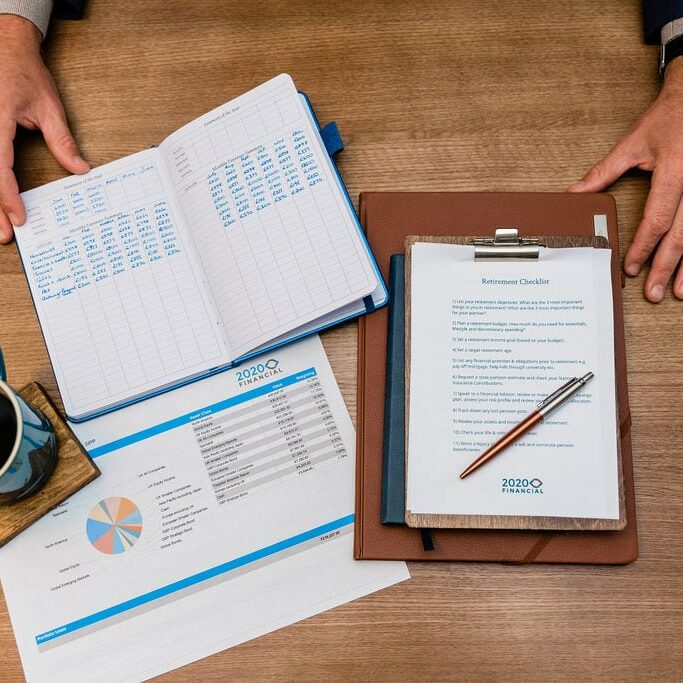A comfortable retirement feels like it should be a right of passage. After years of working hard, you want to be able to enjoy your golden years in relative comfort, but if you don’t keep your pre-retirement lifestyle in check, you might find that same lifestyle unattainable post-retirement.
It’s easy once we move past the point of ‘just getting by’ to start enjoying life’s little luxuries. In fact, as you get older and the bank balance starts looking a bit healthier, you might upgrade your holidays, your car, buy your weekly shop in Waitrose and splurge on some of life’s little niceties, and it starts to add up – it’s what is called lifestyle creep.
However, is this lifestyle creep coming at the expense of your comfortable retirement?
A report by the Centre for Aging estimates that around 90% of those with defined contribution pensions are at risk of not saving enough for a comfortable retirement.
While there are plenty of contributing factors playing a part here, one thing you can take action on today is Lifestyle Creep:
Lifestyle creep may not sound like a big deal, but this seemingly invisible force has the potential to rob you of your future slowly. Lifestyle creep is usually made up of a series of incremental upgrades, which at the time seem inconsequential, but can have a huge impact over time.
Lifestyle Creep Definition
Lifestyle creep is when an increased income leads to increased spending. And where your increased spending isn’t matched by increased savings levels. It manifests in a heightened taste for the finer things in life, and a depleted savings pot.
Government figures show that the richest households spent almost five times as much on discretionary areas such as recreation, culture, restaurants and hotels as lower-income households. This suggests there are plenty of opportunities for savings to be made.
Unsurprisingly, this amped-up attitude to spending can have a major impact on your financial future; in particular, your pension savings and retirement plan. After all, the more we spend, the less we have to save.
How does lifestyle creep affect your retirement plans?
Lifestyle creep can be a double-edged sword. It’s a basic truth that the more you spend, the less you have to save, so you might find your spending accelerating faster than your saving can keep pace.
Equally, your perception of what equates to a comfortable retirement is subjective. As you improve your living standards, upgrades to your lifestyle become normalised, you start taking things for granted and, what once seemed like a rare luxury, becomes a baseline expectation.
The pressure of rising lifestyle expectations coupled with saving that doesn’t keep pace can result in a pension pot that won’t cover your retirement needs.
Lifestyle creep examples
The glaring issue with lifestyle creep is what initially may feel like inconsequential changes to your spending habits can actually have a major impact on your financial security. Purchases that feel frivolous and fun could end up in serious debt and a lack of savings.
Lifestyle creep can often be seen when it comes to holidays. Upgrading to premium or business class may feel like a well-deserved treat, but it can easily double or even triple the cost of your flights. Likewise, when you upgrade to a newer car model, you’re also upgrading the price tag on running costs and insurance.
But it doesn’t have to be a huge purchase. Regularly eating out and buying your daily coffee from Starbucks makes a big difference to your monthly expenditure. In fact, it’s estimated that Brits spend a quarter of their annual income on eating out.
If you’re reading this and nodding along with a growing look of fear on your face, don’t worry. The more we earn, the more we want to spend. The key is to counteract that spending with the right level of saving. This will protect you today, tomorrow and far into the future.
How much does a comfortable retirement cost?
Retirement overall now costs more than it ever has. Lifestyle creep aside, 2023 has seen massive inflation across food, travel, hospitality and fuel; in fact, rising prices have added 20% to the minimum cost of retirement.
The latest retirement standards figures from PSLA suggest that a couple now needs roughly £54,500 a year to enjoy a comfortable retirement, while a single retiree should aim for an annual budget of £37,300.
Of course, this doesn’t take into account a person’s individual circumstances, their hope for those golden years or what standard of living they are used to.
RELATED: WHAT IS A GOOD RETIREMENT INCOME?

While these figures are a useful starting point, it’s more realistic to look at your standard of living. A government think tank suggests that you’ll need somewhere between one half and two-thirds of your pre-retirement income to maintain that same standard of living in retirement. This is called the target replacement rate.
To achieve this, the latest reports suggest that most of us need to save 20%: a further 12% above the minimum required under automatic enrolment of 8%. You may feel the pinch at first, but remember that these small increases will be worth their weight in gold over time.
Look at where you could make more savings with your current finances (this is something that a financial advisor could also help you with). Rather than taking those savings and spending them, save to invest. That chunk of money can immediately be funnelled into your retirement pot. Likewise, if you have a workplace scheme, this would be the ideal time to contact them and ask them to increase your contribution.
Note that the target replacement rate isn’t without its flaws. If you want to enhance your standard of living in retirement, then you’ll need to take this into account. Plus, the post-covid ‘working from home’ era means that many people have already made major savings on their commuter costs, BUT can expect to pay far more for small luxuries such as UK travel, theatre tickets and eating out. In fact, research has found that retired couples will need an average of £2,200 per year extra to enjoy the small luxuries that we all look forward to in retirement.
How do you combat lifestyle inflation?
If you want to combat lifestyle inflation and start saving more towards that comfortable retirement, you must first look at your financial health and long-term goals. Then, you can implement small and sustainable lifestyle changes to make sure everything aligns.
A few realistic lifestyle changes you can make include:
- Setting a monthly budget – and more importantly, sticking to it! Start off with an overall budget and then break it down into smaller pots, always making sure you have enough money for adequate savings and a contingency fund.
- Save at least a third of any future bonuses and pay rises – remember that as your income increases, so too should your savings.
- Write a shopping list and shop at a budget supermarket like Aldi or Lidl – it’s surprising how much longer your receipts are without a shopping list to guide them. Your groceries can have a hefty impact on your overall monthly spending. Check in on any savings you can make.
- Buy a refillable water bottle – simple but effective! Grab reusable bottles and flasks to dissuade you from buying on the go.
- Regularly review subscriptions and automatic payments – when was the last time you properly looked at where all your money was going every month? Take a look at those regular outgoings and subscriptions and consider whether you really need all of them.
- Stop impulse buying by imposing a 24 or 48hr cooling-off period before you buy anything new – you know that burning feeling when you tell yourself you MUST buy that brand new thing? Give it some breathing space. If you still want it after the cooling-off period, then chances are it’s more than a whim purchase.
Worried that you aren’t saving enough for the retirement of your dreams? Try our FREE ‘Retirement cost calculator. You can also get in touch with a member of our team if you want to take a deep dive look at your current retirement plan and pension strategy.



